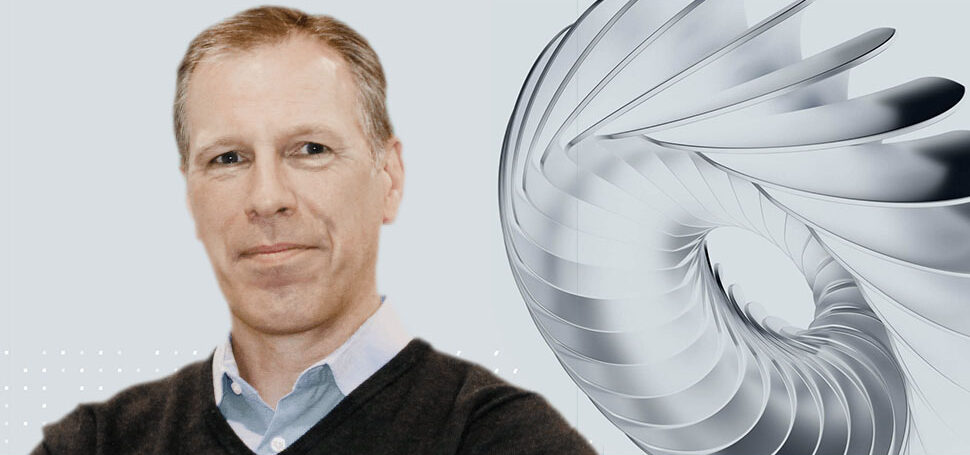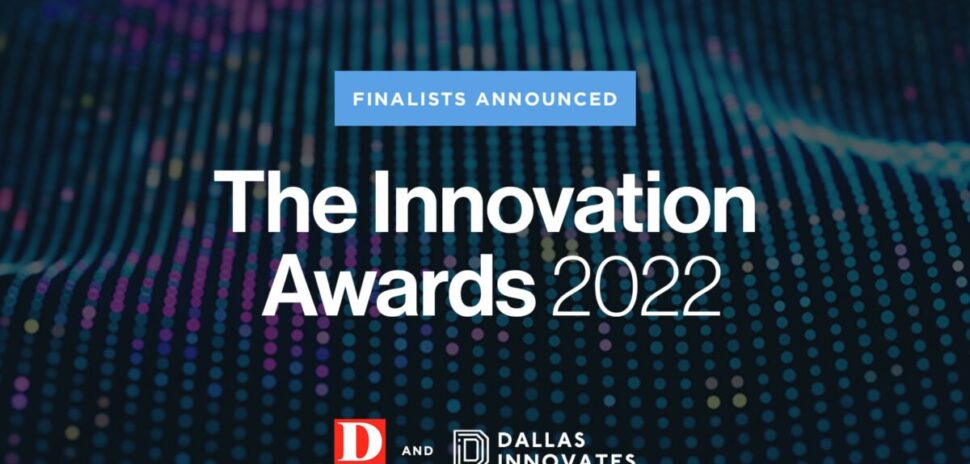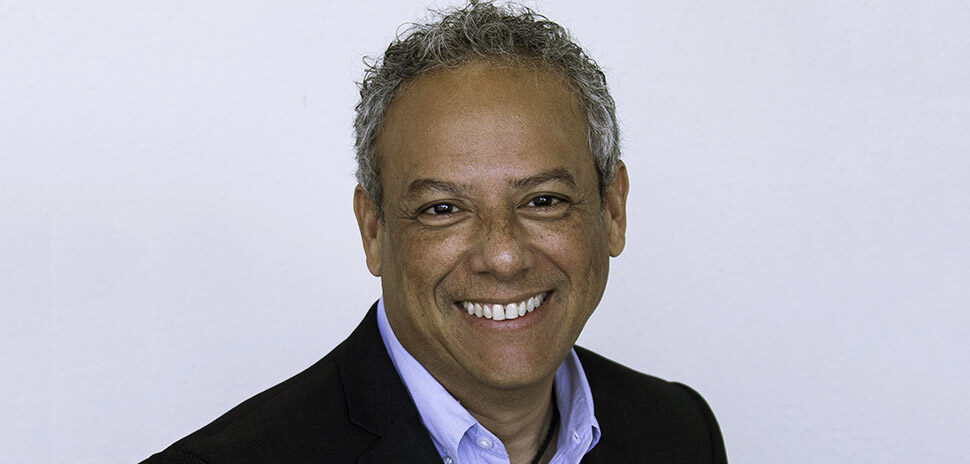Andrew Kahl says that “when companies grow up and figure out what business problem they’re solving, they come to Dallas.” And with BackBox, that’s exactly what he’s doing.
Seeing the opportunity to continue its growth in the U.S. market, the former Israeli startup, which focuses on network automation and security, has planted its global headquarters in North Texas—solidifying an announcement it made towards the end of last year.
“This is our largest opportunity,” Kahl told Dallas Innovates. “Our investment and growth hypothesis is if we put the right people in the right programs, and the right investment into marketing, selling, and taking care of our customers, we think there’s tremendous opportunity to make this company a significant player in this space.”
Plans for U.S. expansion
With R&D and engineering teams in Tel Aviv and a largely remote global workforce, the new DFW offices will serve as a “drop-in” HQ for its team to come and collaborate. The new 4,000 square-foot space at Addison’s Greenhill Towers will house much of BackBox’s marketing and customer success operations. It currently houses about eight employees, including Kahl and the company’s heads of finance, human resources, accounting, and customer success management.
“If COVID taught us anything, it’s that the world can function regardless of where you are,” Kahl said. “We live in a distributed world.”
Recently, the company announced bringing on Pete Morrison as its new VP of sales, Thierry Guenoun as its EMEA regional sales director, and Jonathan Moore as its VP of marketing.
Kahl said that currently the majority of BackBox’s customers come from the Middle East and Europe, but he hopes to eventually see about 50% of its clientele based in the U.S. Prior to the headquarters relocation, Kahl said BackBox only had two people handling sales in North America.
New funding, new leader
BackBox’s move to the U.S. is fueled by a $32 million Series A funding round led by Austin-based venture capital firm Elsewhere Partners it closed in late October—the same time the company announced its relocation plans. That move also coincided with naming Kahl as its new CEO. An operating advisor at Elsewhere and former leader at places like SailPoint, Juniper Networks, and NetApp, Kahl took over from co-founder and former CEO Arik Elias, who stayed on with BackBox to support international sales efforts.
“There is unlimited potential to expand BackBox’s market reach as network environments become more complex and IT constraints continue to evolve,” Kahl said in a statement at the time.
Kahl said the funding was the first major outside investment for BackBox, which has previously been bootstrapped since forming in 2009. He added that it has allowed the company to nearly double its headcount globally since the October announcement to a total of 41 employees, and he hopes to see BackBox’s headcount reach about 55—with the majority of new hires based in Dallas—by the end of the year.
Building on recent growth
The funding and HQ move come as BackBox saw impressive growth last year. Without disclosing specific figures, Kahl said the company saw its bookings increase by 20% and its annual recurring revenue increase by 40%, while maintaining a customer retention rate of 95% between 2020 and 2021.
BackBox’s software brings automation to the IT and network administration space, streamlining things like upgrade patches and device authorization across multiple networks and giving administrators an overall view of the “health of their network.” Kahl said he’s seen an uptick in interest in BackBox’s technology from customers amid recent events like the rise in remote work during the pandemic and the increased number of cyberattacks seen in recent months.
“The speed of business is necessitating the need for network automation,” Kahl said.
Dallas Innovates sat down with Kahl to talk more about BackBox, the company’s move to DFW, and trends in network automation.
In your own words, tell us how BackBox’s technology works.
(Customers) have multiple networks that are being run within their environment. On those networks, you’ve got different devices—firewalls, servers, and routers that all connect to those networks. What we do is make sure that all the upgrades, all the patches can be done and taken care of within that network and make sure that devices are authorized to be on the network. Our automation software allows an IT administrator or a network administrator to see the health of their network to make sure that it’s up and running.
What’s really different about us is our software takes away the manual processes. Only about 10% of the companies in the world use network automation software. The rest are doing checks by hand and it’s costing them thousands of hours a year. We do it within a period of hours.
Why did BackBox choose the Dallas area for its global headquarters?
This is a growing tech hub. When everyone thinks of tech in Texas, they think of Austin. Austin is a great town, but Dallas has so many global technology companies. Our cost of living is great, and it’s very favorable for technology businesses. The other thing for us is you can get anywhere in the world very quickly from Dallas. If it’s not one flight, it’s only one stop. Being a company that was founded in Israel, we wanted quick access to that.
One of the biggest reasons was the access to talent here, which was something that was just too good to pass up. I referenced the tech companies, but you’ve got (DFW) becoming a destination city for so many people, whether that’s post-graduation or whether that’s people making mid-career transition coming here. There’s just a lot of talent that is located here.
What should businesses have their eyes on when it comes to network automation and security?
Everybody’s distributed. Everybody has to stay up and running. Having your network fully automated, if it crashes, [means] it can be brought up quickly. If a device is added, it can have its configuration done quickly.
There are so many different elements of security. But fundamentally, you’ve got to be prepared for it. Having something in place that allows you to not just identify the root cause [of problems] but get your operations and network back up and running quickly—that’s incredibly critical.
This interview has been edited for brevity and clarity.
![]()
Get on the list.
Dallas Innovates, every day.
Sign up to keep your eye on what’s new and next in Dallas-Fort Worth, every day.

































































